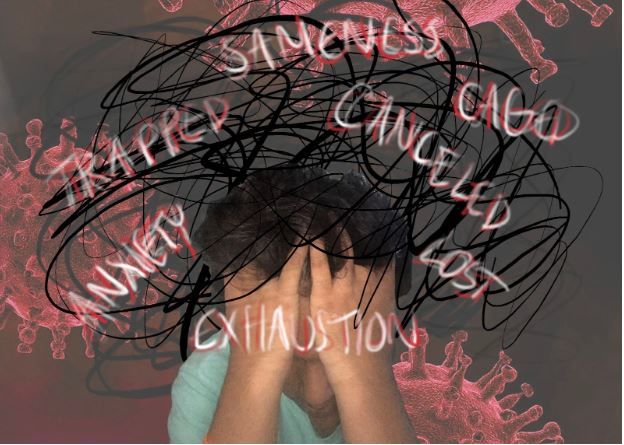5Views

A mitigation packet is a collection of documents designed to show positive aspects of your life that will convince the prosecution that they should be more lenient towards you, also known as a good guy/girl packet.
Documents showing employment, drug counseling programs or enrollment in school can be extremely useful when trying to defend a case.
Character References
If someone is charged with driving crimes in Atlanta, magistrates or judges often request character references before imposing penalties. The purpose of a character reference is to give an accurate assessment of who committed the offense; those with longstanding relationships to an offender tend to make better recommendations as these individuals can provide detailed accounts about different aspects of their personality and give more reliable opinions than strangers can.
Reference letters should highlight positive traits only; using them to point out weaknesses could constitute discrimination. A good character reference should include contact details at the end of their letter as proof they can answer questions or provide more information if needed.
Maintain a positive relationship with their referee to ensure they can provide information as and when needed. In order for it to be effective, character references should always be written professionally even if being written about someone close.
Professional Evaluations
Georgia takes DUI convictions seriously. Even if it’s only your second conviction or even if your record is clean, any prior offenses are taken into consideration due to Georgia’s lookback period of 10 years, potentially increasing penalties in cases that involve repeat offenses.
Mitigation packages provide your defense attorney with an opportunity to create a more complete picture of your life and character, as well as build narratives which influence probation officers, judges and other key decision makers.
Collateral interviews can often make mitigation reports more robust and complete, providing further insight into any dysfunction or trauma which might contribute to criminal behavior. Although such interviews may be distressful for clients as they reveal personal details that reveal personal discomfort, these interviews are invaluable as supporting evidence in mitigation reports. Furthermore, education records, psychological/psychiatric evaluations and behavioral records all add an impressive framework.
Community Involvement
Georgia law holds prior DUI convictions against you when considering the severity of charges for new arrests, with judges and prosecutors using a 10-year “look-back period.” A skilled DUI attorney can use this information in negotiations with prosecutors in order to reduce or even avoid severe penalties in your current case.
Lawyers may also help reduce DUI charges to lesser offenses such as reckless driving. This could help avoid or reduce license suspension timeframes and therefore lessening impact on employment opportunities.
An experienced DUI attorney can effectively challenge weak or improperly collected evidence to lower or dismiss your charges, and provide alternative sentencing measures for repeat offenders, such as enrolling in drug abuse treatment programs and attending support groups as a form of alternative sentencing that may help you to avoid harsh penalties.
Substance Abuse or Mental Health Issues
An effective mitigation packet can persuade prosecutors to drop charges or reduce their severity, thereby improving plea negotiations and helping you secure a better result in your case. As early as possible, criminal defense lawyers must start developing these packages so as to influence plea negotiations more successfully.
This package can include medical documents to support mitigating circumstances and any relevant information, such as your employment history, education background, community involvement or steps taken to address any underlying issues.
A strong mitigation package should demonstrate to prosecutors that you are more than the charges against you. It should include testimonials from friends, family and employers vouching for your character; letters from victims expressing your willingness to make amends for harm done by crime; documentation of volunteer work and attendance at counseling or educational classes to illustrate your efforts to change; as well as advice and assistance from your criminal defense lawyer.



